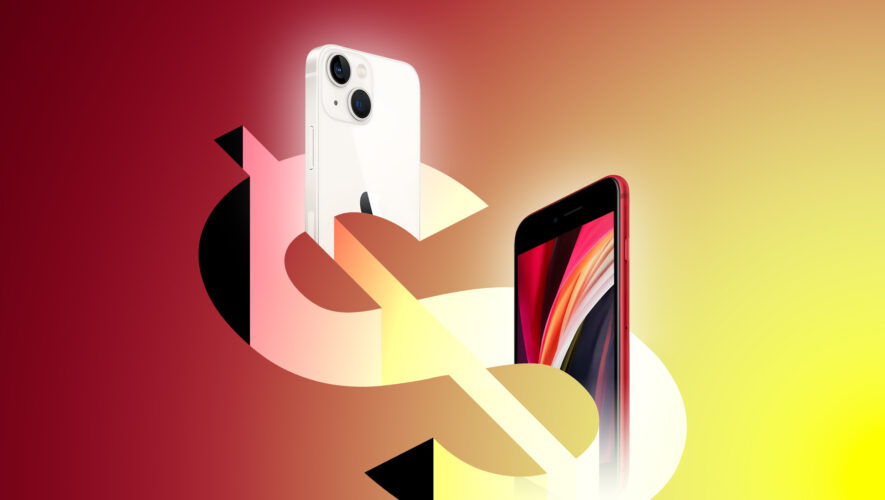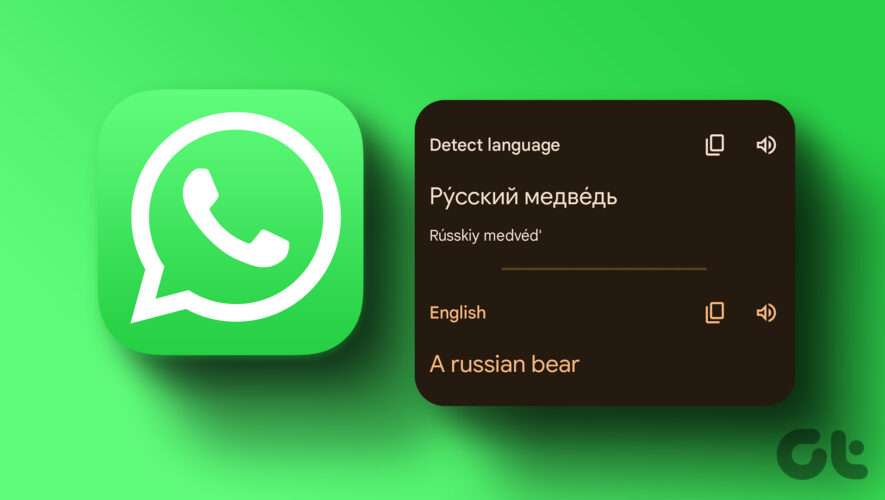The third-generation iPhone SE and the iPhone 13 are now Apple’s most inexpensive iPhone options, starting at $429 and $599, respectively. Apple released the iPhone 13 in late 2021 and has bumped it down in price since then to make it more accessible as new models have been released. On the other hand, the third-generation iPhone SE launched in early 2022, refreshing the most affordable iPhone option in the lineup.
With just $170 between them, should you get the smaller entry-level iPhone that still has a Touch ID Home button or the all-screen model that has come down in price over time? Our guide helps to answer the question of how to decide which of these two iPhones is best for you.
iPhone SE (third-generation)
iPhone 13
Design of 2017’s iPhone 8, featuring rounded edges, a Home button, and large bezels at the top and bottom of the display
Design based on 2020’s iPhone 12, featuring flat sides, diagonally arranged rear cameras, and an edge-to-edge display with a "notch" TrueDepth camera array for Face ID
Glass front and back
Ceramic Shield front and glass back
4.7-inch Retina HD LCD display
6.1-inch Super Retina XDR OLED display
625 nits max brightness (typical)
800 nits max brightness (typical) and 1,200 nits peak brightness (HDR)
1400:1 contrast ratio (typical)
2,000,000:1 contrast ratio (typical)
Touch ID
Face ID
15-hour battery life (during video playback)
19-hour battery life (during video playback)
Single rear camera
Dual rear cameras with 2x optical zoom range
12-megapixel Main camera with ƒ/1.8 aperture
12-megapixel Main camera with ƒ/1.6 aperture
12-megapixel Ultra Wide camera with ƒ/2.4 aperture
Optical image stabilization for video
Sensor-shift optical image stabilization for video
Night mode
Cinematic mode for recording videos with shallow depth of field (1080p at 30 fps)
HDR video recording with Dolby Vision up to 4K at 30 fps
Audio zoom
Front-facing 7MP FaceTime HD camera with 1080p HD video recording and Smart HDR 4
Front-facing 12MP TrueDepth camera with 4K video recording, Smart HDR 4, slo-mo video support, Animoji, and Memoji
Rated IP67 water-resistant to a depth of one meter for up to 30 minutes
Rated IP68 water-resistant to a depth of six meters for up to 30 minutes
First-generation ultra wideband chip for spatial awareness
Supports Dolby Atmos audio playback
Compatible with MagSafe cases, wallets, wireless chargers, and more
Available with 64GB, 128GB, or 256GB storage
Available with 128GB, 256GB, or 256GB storage
Midnight, Starlight, and PRODUCT(RED) color options
Green, Pink, Blue, Midnight, Starlight, and PRODUCT(RED) color options
Starts at $429
Starts at $599
Overall, the iPhone SE remains an excellent entry-level iPhone option for just $429. It contains the A15 Bionic chip, which is still widely available across Apple’s lineup of devices and offers more than sufficient performance. With Touch ID, wireless charging, water resistance, a capable rear camera, and the latest version of iOS, it is a great smartphone for those new to the iPhone and have basic needs. Some users value the more traditional design, Home Button, and size of the iPhone SE compared to the iPhone 13, but there is no escaping the fact that the iPhone SE offers an older and more basic iPhone experience with a design dating back to 2014’s iPhone 6.
For $170 more, the iPhone 13 offers a decidedly more modern and advanced smartphone experience thanks to a much more modern design and a brighter, OLED display, as well as Face ID, an Ultra Wide camera, Cinematic mode, Night mode, considerably better front-facing and rear cameras, MagSafe, and longer battery life. There is also the benefit of improved water resistance, the ultra wideband chip for Precision Finding with AirTags, and Dolby Atmos audio playback. There are even additional color options to choose from. All of this makes for a significant upgrade over the iPhone SE if you can afford the $170 extra, but it is worth bearing in mind that they are not essential capabilities for many users.
The iPhone SE is an excellent device if your needs or budget are limited, but there is no doubt that the iPhone 13’s larger display, more modern and durable design, brighter OLED display, better cameras, longer battery life, and MagSafe compatibility are universally beneficial. In most cases, this is worth the $170 extra if you can afford it.
It is also worth noting that the next-generation iPhone SE, which is not expected to launch until 2025, is expected to be based on the iPhone 13’s all-screen design. This means that buying an iPhone 13 is also likely to be a much more future-proof purchase, looking reasonably up to date compared to Apple’s other devices in the coming years.Related Roundups: iPhone 13, iPhone SEBuyer’s Guide: iPhone SE (Caution)Related Forum: iPhone
This article, "iPhone SE vs. iPhone 13 Buyer’s Guide: Comparing Apple’s Cheapest iPhones" first appeared on MacRumors.com
Discuss this article in our forums
MacRumors
https://www.macrumors.com/guide/iphone-se-vs-iphone-13/



